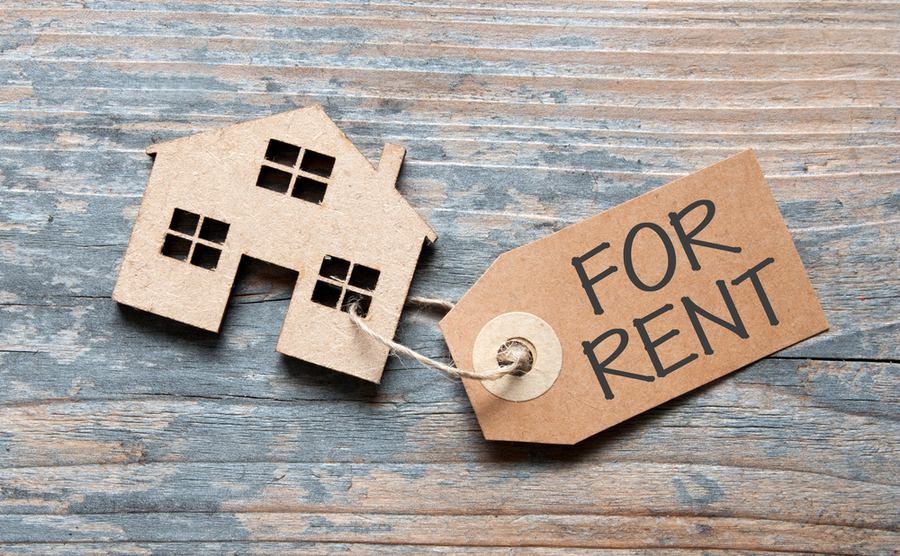Renting a property in Portugal is a great way to prepare yourself for buying a place of your own. It gives you the chance to “live like a local” and experience what your future in Portugal could look and feel like. It’s a low-risk way to try out the lifestyle and determine whether it suits you.
If you’re considering renting a property in Portugal, it’s worth knowing that certain things may work differently to “back home”. This guide will help you to understand the nuances of the rental market in Portugal, and save you from scams and disappointments.
Find homes in Portugal via our property portal.
1. Don’t Rely on Online Searches
While you’ll certainly be able to find plenty of Portuguese rental properties online, a simple Google search is unlikely to give you a full picture of what’s available.
It’s not that Portugal is “behind the times” with technology. The country utilises all kind of cutting-edge tech – everywhere from the toll roads to the ATM systems. However, some agencies are still distinctly “old school”. You may not find out about every available property without looking in an agent’s window – or asking.
Making some “on the ground” contacts could mean you find out about the latest properties to hit the market, helping you to score a gem.

If you’re considering renting a property in Portugal, it’s worth knowing that certain things may work differently to “back home”.
2. Use the Phone (or Visit Agents in Person)
A common complaint from house-hunters in Portugal (and neighbouring Spain) is that they don’t receive responses to their enquiry emails.
There’s a cultural element to this (and – let’s be honest – perhaps some level of inefficiency!).
The reality is that this kind of business is often carried out in person in southern Europe. It’s also fair to say that firing off emails in English and expecting an immediate response is unrealistic.
Get on the phone. Speak some Portuguese (if you can) or have somebody do so on your behalf. Even better, do everything in person. You’ll no doubt want to have a good look around your rental options anyway.
3. Understand the Distinction Between Short and Long Term Rentals
Depending on how long you plan to rent for, you may have the option of renting a holiday (Airbnb style) property for a few months, instead of taking up a formal tenancy.
There are pros and cons to this. It’s likely to be more expensive, but will probably include utility bills and will save you from certain red tape formalities.
As a general rule of thumb, for anything longer than 3-6 months, it usually makes more sense to take out a proper, long-term rental contract. However, if you want to bounce around different areas, shorter-term rentals might make sense, especially off-season. (In high season, they’re likely to be prohibitively expensive).
Make the most out of your trip to see properties with our guide, Your Viewing Trip. Find out what you need to consider and do to have a successful trip.
4. Avoid the “Under the Radar” Temptation
The Portuguese government has done much in recent years to tighten up the property rental market. Incentives have included both stick (large fines for lawbreakers) and carrot (tax incentives for some landlords).
Despite this, there’s a chance you might be offered an “under the table” or “for cash” deal on a rental property.
The best advice is simply to say that this is not the way to go about renting a property in Portugal. There are wide ranging risks, from outright scams to the chance of falling foul of the law yourself.
Furthermore, if your rental home is your primary residence, you may be able to claim a tax credit on your rent payments. You won’t be able to do this without a legally sanctioned agreement.
5. Think About Timing
In some parts of Portugal, especially the Algarve, there are good times of year to look for a long-term rental property, and far worse times.
A perfect time is at the end of the summer season. Many landlords see their occupancy rates dropping after high season and like the prospect of guaranteed income over the winter. Conversely, many landlords are reluctant to turn away lucrative weekly tourist rates just as high season begins.

If you plan to move to a coastal area of Portugal, try to find out what it’s like all-year round.
This isn’t to say you won’t find anywhere to rent at the “wrong” time of year. However, you will undoubtedly have more choice if you time it right.
Also on the subject of seasonality, it’s worth remembering that some parts of Portugal change considerably from season to season. This applies to how busy and vibrant they are, as well as the weather. If you plan to move to a coastal area of Portugal, try to find out what it’s like all-year round.
July is very different to February in the UK; in Portugal, the contrast can be even starker.
6. Look at Contract Terms for TV and Broadband
When you’ve chosen your rental property, you’ll likely want to get set up with an internet and / or TV package.
This is a good time to check the small print – especially if you’re only staying 6-12 months and the contract from your provider is for longer. In many cases, you’ll be able to move your service(s), but it’s wise to check the terms around this. If you’re not sure you will remain in Portugal, you may be better to make do with mobile broadband on a pay-as-you-go basis.
7. Remember that People (and Not Computers) Make Most of the Decisions
Property rentals in the UK, and elsewhere in northern Europe, have relatively automated admin. Potential tenants are usually credit scored, with a (sometimes third-party) company verifying references.
It’s not usually like that in Portugal. Often, it will come down to whatever deal you strike with the owner or agent. Once again, it’s that “in person” way of doing business.
This doesn’t necessarily mean that the paperwork is easy. In cities, in particular, agents and owners will probably want to see proof of income or employment. However, you can generally expect a more human process, without so much risk of “computer says no”.
Renting a property in Portugal could be your first step along the path to a new life in the sun.











